
Over many years, during the past 100 in developed countries, many people have drastically lowered their magnesium intake, especially those of middle age and into our advanced years.
Simply put people are not getting enough of what their body requires for functioning and restoration. Magnesium does top the list of most important among vitamins and minerals. All are needed of course, but certain nutrients perform far more tasks than others and are therefore needed in greater supply to keep up with our body demands.
There are always circumstances of inherent weakness such as someone needing extra B12 or Iron due to a blood disorder – in this context, we are discussing biological body functioning.
Magnesium performs hundreds of enzymatic actions without which would not take place. As a light guide, women should take in 320 mg of magnesium daily and men require 420 mg per day. (31 years of age and over)
There will always be specific body and emotional health conditions where supplementing with extra magnesium will be called for. For example, all mood disorders as well as sleep problems, Crohn’s and colitis, a malnourished body, racing heart, high blood pressure and much more. And then there are conditions that you may not think are impacted by magnesium levels such as diabetes, heart disease and bad cholesterol.
It is always a good idea to try and incorporate mineral rich foods whenever possible for all the other extended nutrients. The goal is to try and expand our diet, in this way we automatically include a wider range of nutritional benefits. For more detailed information about magnesium and foods containing the most essential mineral, go to; Magnesium – Vital for Crohn’s Colitis IBS Mood Disorders.
Magnesium Rich Foods
There are many magnesium rich foods but below are a few that may not be as familiar as being good sources of magnesium.
Pumpkin seeds – 3.5 ounce equals (594 mg of magnesium)
All bran – 1/2 cup (112 mg)
Brazil nuts – 1 ounce (107 mg)
Chia seeds – 1 ounce – (95 mg)
Brown rice – 1 cup (86 mg)
Fish, mackerel – 3 ounces (82 mg)
Spinach – 1/2 cup (78 mg)
Almonds – 1 ounce 23 nuts (77 mg)
Swiss chard – 1/2 cup (75 mg)
Lima beans – 1/2 cup (63 mg
Peanuts – 1 ounce (48 mg)
Banana – 1 whole (32 mg)
How to Properly Take Magnesium
*Note as well as we age it becomes increasingly more difficult to absorb minerals which are the building blocks of our body. No matter the age, enhancing absorption of nutrients is of primary importance, for repair and proper body function. Always include some form of protein when taking any minerals for they ride the backs of amino acids throughout our body to their designated destinations.
Taking minerals properly becomes crucial when fighting back from a serious disease or malfunctioning condition – especially when it comes to our most important minerals like magnesium and zinc – which are responsible for most tasks/functions in our bodies.
Types of Magnesium
Choosing supplements can be confusing. The types that are more readily absorbed by the body are as followed:
Magnesium amino acid chelate
Magnesium phosphate
Magnesium glycinate
Magnesium orotate
Magnesium citrate
Magnesium threonate
Copyright © 2019 – All Rights Reserved – Michelle Honda Ph.D.
Announcement
Look for my new forthcoming books; Reverse Depression Naturally 2020 – “Reverse Alzheimers/Dementia Naturally” (Nov.2018) “Reverse Thyroid Diseases Naturally” (June 2018) “Reverse Heart Disease Naturally” (Jan.31, 2017) “Reverse Inflammation Naturally” (May 31, 2017). Reverse Gut Diseases Naturally 2016.
Where to Purchase:
Reverse Depression Naturally 2020
Reverse Alzheimers Disease Naturally
Reverse Thyroid Disease Naturally
Reverse Gut Diseases Naturally
Reverse Heart Disease Naturally
Reverse Inflammation Naturally
Disclaimer
While close attention was given to the accuracy of information in this article, the author accepts neither responsibility nor liability to any person with respect to injury, damage, loss or any circumstances involving alleged causes directly or indirectly related to the information in this article. The sole purpose is to educate and broaden ones awareness. This information is not meant to replace medical advice or services provided by a health care professional.





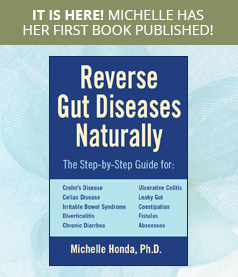

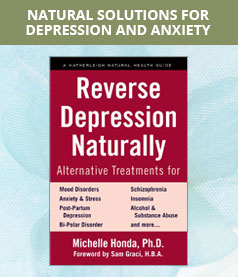
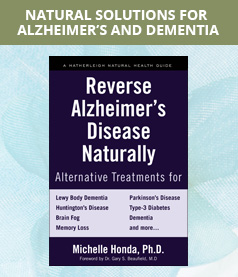
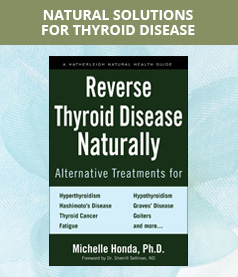

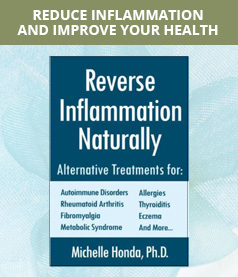
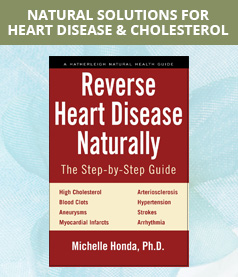
Follow Us!